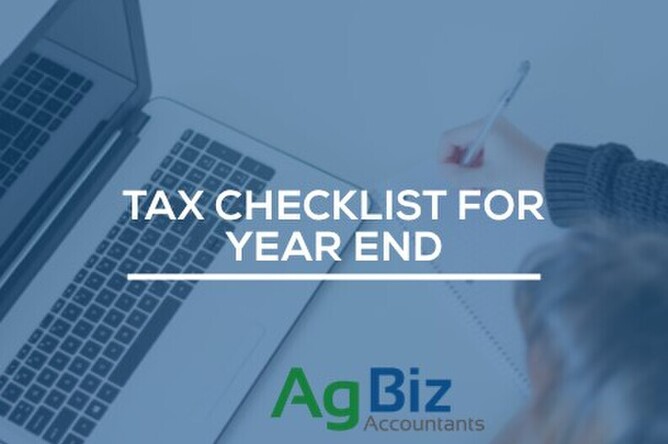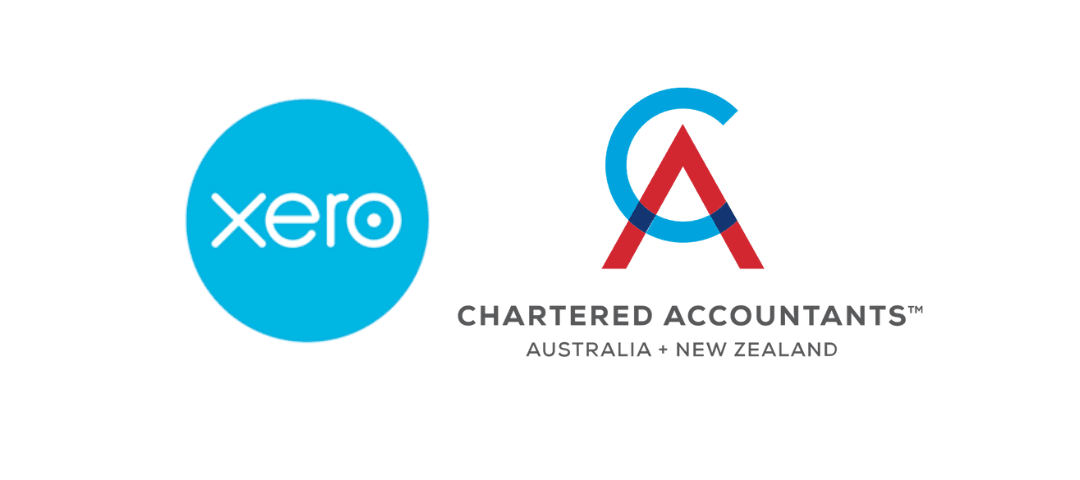31 March - End of Year Financial Checklist
With year-end a few days away have a read of our checklist below to ensure you are prepared. Contact us with any questions you may have.
Income:
Did you make more money than last year? Let us know so we can review your provisional tax payments and update any forecasts. If you’re a GST client or farmer client we monitor these throughout the year.
Expenses and Deductions:
1. Bad Debts
Write off bad debts in your accounts receivable ledger before year end so a tax deduction is claimed. Otherwise you will pay tax on income you will not receive. To do this in Xero, click on the invoice and make a payment to code bad debts at 31 March 2018.
2. Holiday pay and bonuses to employees
You can make a deduction in the current year for employee holiday pay and bonuses if you are committed to making them before year end and pay them within 63 days of balance date. Let us know these amounts with your records and we will ensure a deduction is claimed.
3. Fixed Assets (depreciation schedule)
Review your fixed assets and let us know of any to write off or scrap. You will be able to claim a loss on sale for assets you no longer have, broken or disposed at nil value during the year.
4. Repairs and Maintenance (R&M)
Complete any R&M before the end of the year to claim an income tax deduction. If you’re unsure between R&M (revenue - which will be deductible) and improvements (capital – not deductible) give us a call.
5. Stock on Hand
Throw out any obsolete stock held at year end, or write it down to its net realisable value (of the lessor of cost or market value). Prepare a stock take at year end and let us know the closing value. If your stock value is less than $10k and your turnover is less than $1.3m you do not need to account for stock movement.
6. Motor Vehicles
For those that keep logbooks, read your vehicles odometer at year end and let us know your business percentage use.
7. Prepaid Expenses
Some expenses can be pre-paid, such as stationery, postage, rent etc. Check with us as there are some upper limits to the amount of pre-paid expenses that can be claimed.
Consider Improving Business Systems
If there is such thing as the 'right time', now is it to change business systems. By changing things on 1 April means there is no part year, or two systems in one year to consider. This system change could be a move to Xero, a change in payroll system, or integrating systems together. It could also be an internal process that doesn't require any software or external changes such as new internal process to sign up new clients and manage the sign up process and how that may transition to booking future appointments. Feel free to get in touch for a non-obligation meeting to discuss any of our top end of financial year tips!
This material has been prepared for informational purposes only, and is not intended to provide, and should not be relied on for, tax, legal or accounting advice. You should consult your own tax, legal and accounting advisors before engaging in any transaction



